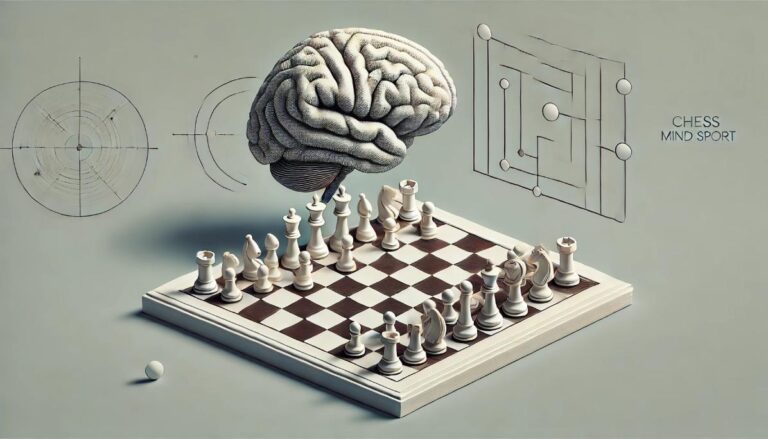Introduction
Chess is a game that has been played for centuries and has become a popular competitive sport, with millions of players worldwide. However, just like any other competitive activity, cheating has become a major concern in the world of chess. Cheating in chess can take many forms, such as using external assistance, collusion, and even prearranged results. Not only does cheating undermine the integrity of the game, but it also goes against the very spirit of fair play that chess is built upon.
Preventative Measures
One of the most effective ways to combat cheating in chess is by implementing preventative measures. These measures aim to create a deterrent effect, making it less likely for players to cheat in the first place. One of the most common preventative measures is the use of random spot checks during tournaments. During these checks, tournament officials will randomly select players and inspect their electronic devices to ensure they are not using any form of external assistance.
Technological Solutions
While technology has opened the door to new forms of cheating in chess, it can also be used as a tool to prevent it. Many chess organizations have started using advanced software and algorithms to detect suspicious moves and patterns during matches. These programs analyze players´ moves and compare them to a database of known computer-generated moves to determine if any cheating has occurred.
Educating Players
Preventing cheating in chess is not just the responsibility of tournament officials and organizers; it also requires the participation of players. Many players, especially beginners, may not be aware of the complexities of cheating and how it can harm the integrity of the game. It is essential to educate players on all forms of cheating and the consequences they may face for engaging in such activities.
Penalties and Consequences
Despite all the preventative measures and technological solutions, there will still be instances where players attempt to cheat in chess. In such cases, it is crucial to have strict penalties and consequences in place to ensure that cheating is not tolerated. These penalties can range from disqualification from the tournament to being banned from future events. In extreme cases, legal action can also be taken against the individuals involved.
Conclusion
Cheating in chess is a problem that requires a multifaceted approach to combat it effectively. Preventative measures, technological solutions, educating players, and strict penalties all play a crucial role in protecting the fairness and integrity of the game. By implementing a combination of these strategies, we can create a level playing field for all chess players and ensure that the game remains a true test of skill and intellect.


